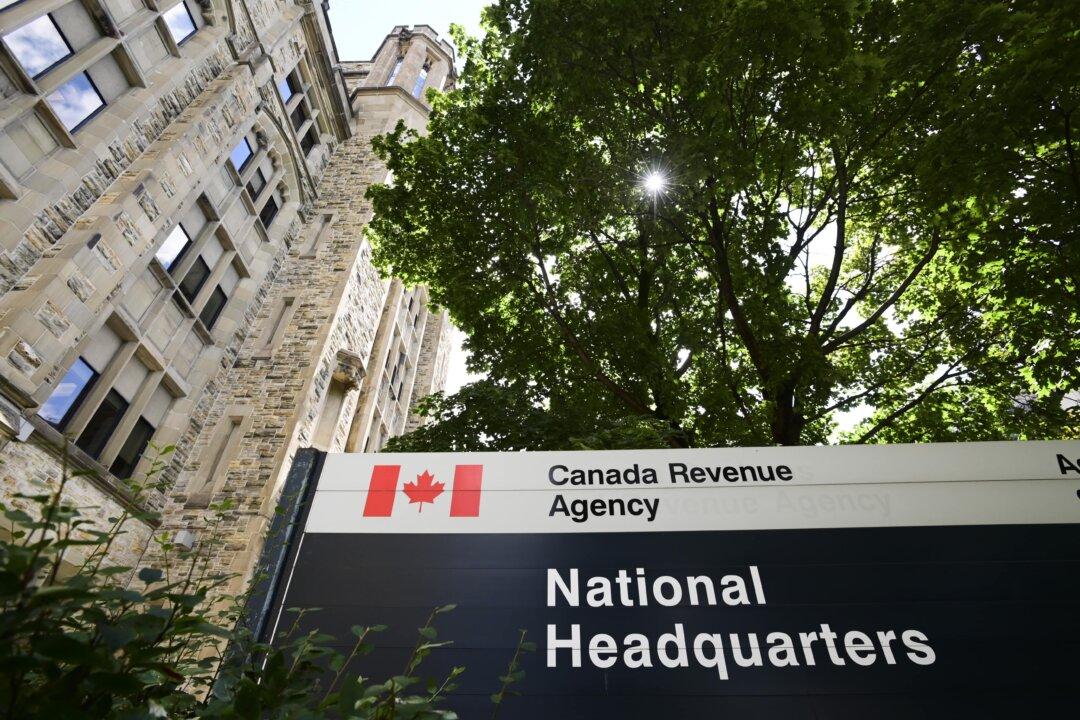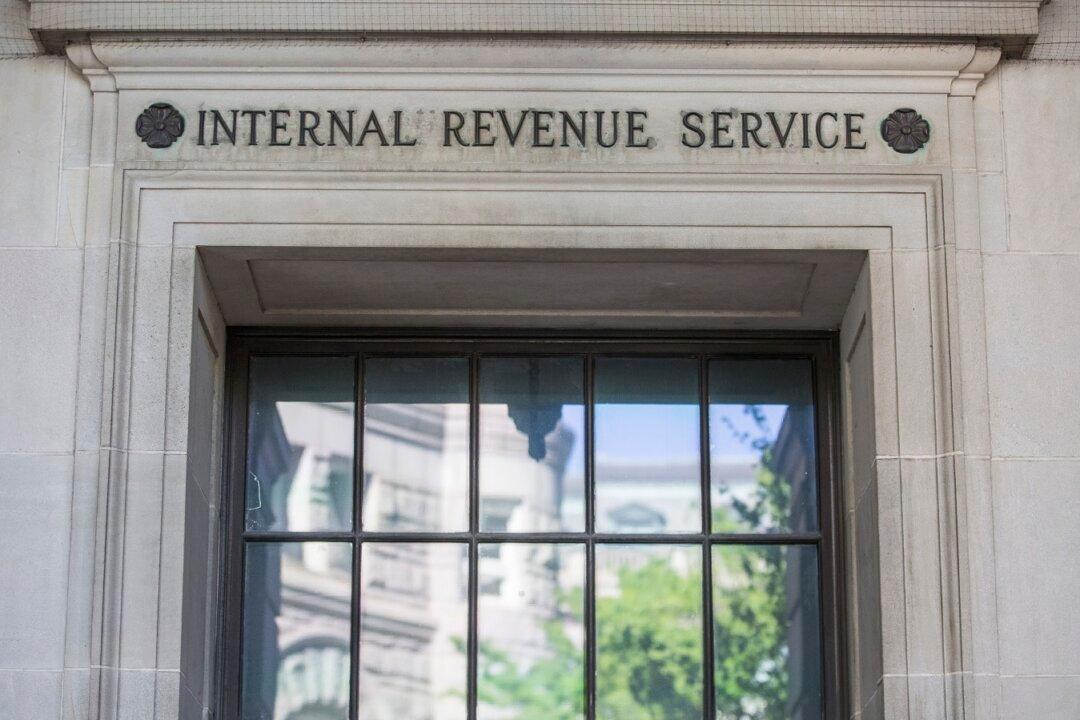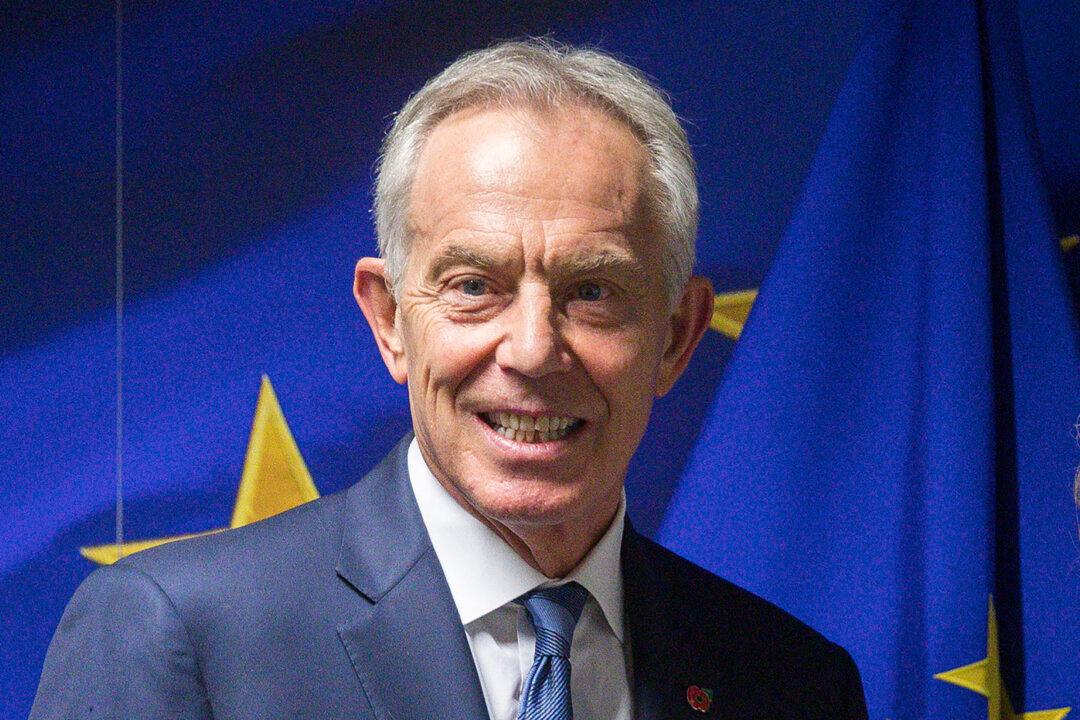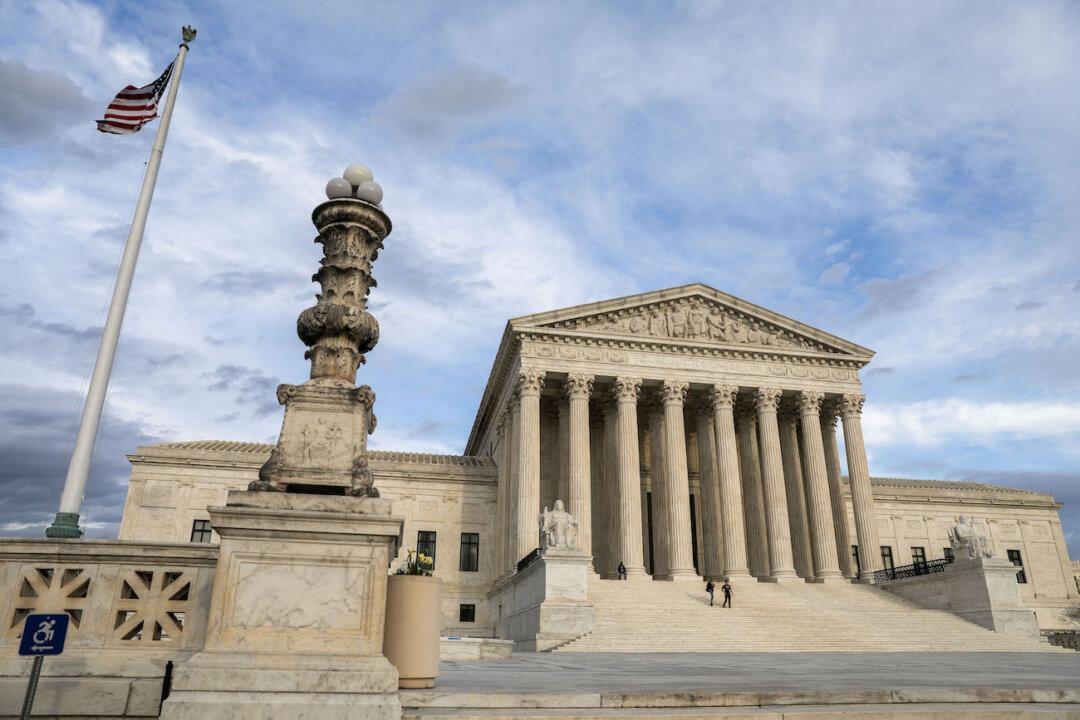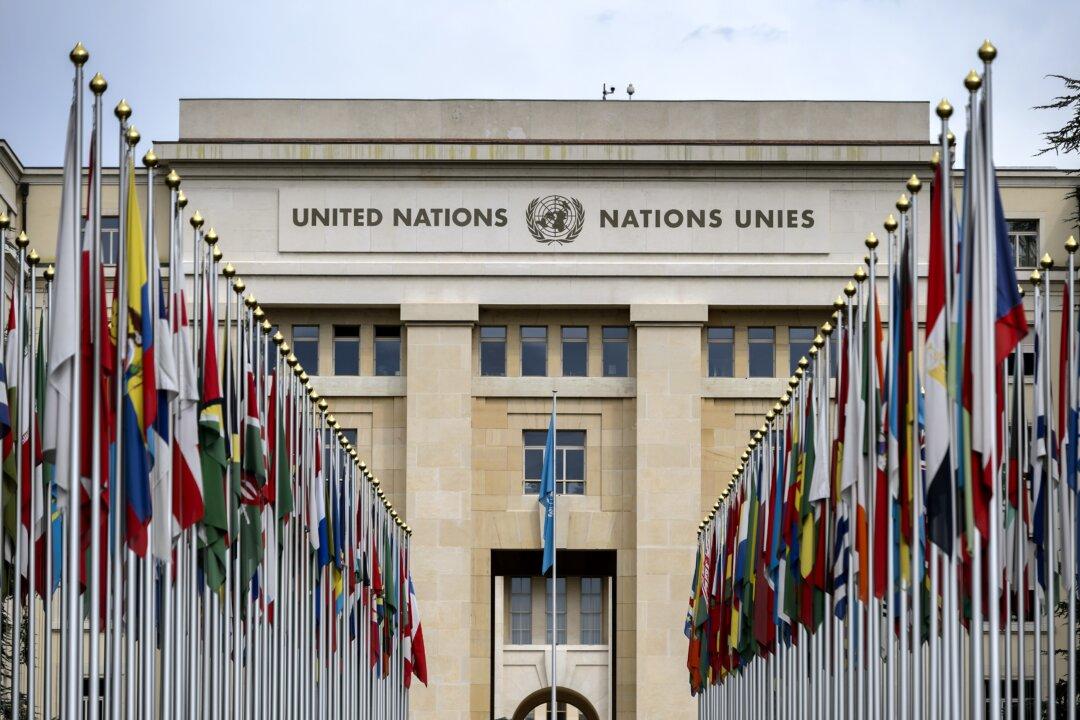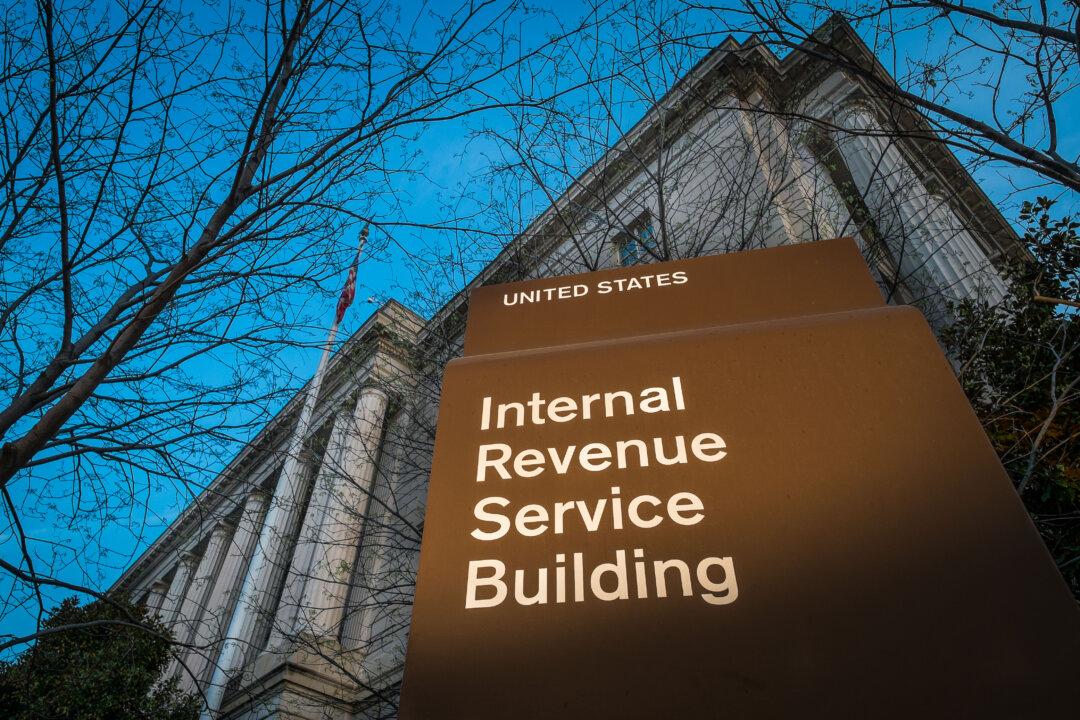Focus
tax avoidance
LATEST
Authorities to Crackdown on Small Business Delaying Tax Payments to Prop up Cash Flow
The ATO second commissioner said it was also gearing up for a major crackdown on large business.
|
What If Tax Reform Was a Fundamental Human Right?
How can taxes promote equality?
|
President Obama Calls on Congress to Close Loopholes That Allow Tax Evasion
President Obama called on Congress May 6 to fully close loopholes that allow tax evasion, a day after his administration announced a set of new financial regulations.
|
What’s the Difference Between Tax Avoidance and Evasion?
In the wake of the Panama Papers revelations, the distinction between tax planning, tax avoidance, and tax evasion seems to have been lost between the lines.
|
Corporations’ Flight to Low-Tax Countries Angers US Voters
U.S. presidential candidates are responding to voters’ ire over a complex tax code that shields the wealthiest from tax payments. Reports of corporate inversions—U.S. firms relocating headquarters to take advantage of lower tax rates in countries like Ireland—highlight the negative consequences of globalization for voters already angry about entrenched income inequality, outsourcing, and job loss. The U.S. Treasury Department has imposed a series of rules to slow the pace of inversions. Farok J. Contractor, a Rutgers Business School professor who researches foreign direct investment, lists the arguments for and against inversions. “There is an inherent contradiction, as well as jurisdictional disputes, in a world with separate country-by-country taxation while multinationals treat the world as one economic space,” he concludes. Estimates suggest the U.S. tax burden is near the average of OECD economies, but the country’s persistent reputation for high taxes and inefficient government may hurt prospects for foreign investment.
|
Do the Panama Papers Reveal Illegality or Incompetence?
Still in its earliest stages, the “Panama Papers” are now the foreign affairs “Playmate of the Month,” and it may continue to cascade...
|
Panama Papers May Trigger Demand for Good Government
The parallel universe of some of the world’s wealthy and their bankers was exposed just over a week ago by a massive leak on its inner workings.
|
Corporate Tax: Why Conflict Between Firms and States Is Hard to Crack
Corporate taxation has always been a vexing concern for both businesses and governments.
|
Protect American Companies by Reforming Corporate Tax
House Ways and Means Committee Chairman Kevin Brady (R-Texas) hosted a hearing last month exploring how to reform the U.S. corporate tax system.
|
This Small Welsh Town Is Leading a Tax Rebellion
Some big companies use international law to their advantage when it comes to tax. But now a small Welsh town is mimicking their tactics.
|
Authorities to Crackdown on Small Business Delaying Tax Payments to Prop up Cash Flow
The ATO second commissioner said it was also gearing up for a major crackdown on large business.
|
What If Tax Reform Was a Fundamental Human Right?
How can taxes promote equality?
|
President Obama Calls on Congress to Close Loopholes That Allow Tax Evasion
President Obama called on Congress May 6 to fully close loopholes that allow tax evasion, a day after his administration announced a set of new financial regulations.
|
What’s the Difference Between Tax Avoidance and Evasion?
In the wake of the Panama Papers revelations, the distinction between tax planning, tax avoidance, and tax evasion seems to have been lost between the lines.
|
Corporations’ Flight to Low-Tax Countries Angers US Voters
U.S. presidential candidates are responding to voters’ ire over a complex tax code that shields the wealthiest from tax payments. Reports of corporate inversions—U.S. firms relocating headquarters to take advantage of lower tax rates in countries like Ireland—highlight the negative consequences of globalization for voters already angry about entrenched income inequality, outsourcing, and job loss. The U.S. Treasury Department has imposed a series of rules to slow the pace of inversions. Farok J. Contractor, a Rutgers Business School professor who researches foreign direct investment, lists the arguments for and against inversions. “There is an inherent contradiction, as well as jurisdictional disputes, in a world with separate country-by-country taxation while multinationals treat the world as one economic space,” he concludes. Estimates suggest the U.S. tax burden is near the average of OECD economies, but the country’s persistent reputation for high taxes and inefficient government may hurt prospects for foreign investment.
|
Do the Panama Papers Reveal Illegality or Incompetence?
Still in its earliest stages, the “Panama Papers” are now the foreign affairs “Playmate of the Month,” and it may continue to cascade...
|
Panama Papers May Trigger Demand for Good Government
The parallel universe of some of the world’s wealthy and their bankers was exposed just over a week ago by a massive leak on its inner workings.
|
Corporate Tax: Why Conflict Between Firms and States Is Hard to Crack
Corporate taxation has always been a vexing concern for both businesses and governments.
|
Protect American Companies by Reforming Corporate Tax
House Ways and Means Committee Chairman Kevin Brady (R-Texas) hosted a hearing last month exploring how to reform the U.S. corporate tax system.
|
This Small Welsh Town Is Leading a Tax Rebellion
Some big companies use international law to their advantage when it comes to tax. But now a small Welsh town is mimicking their tactics.
|




